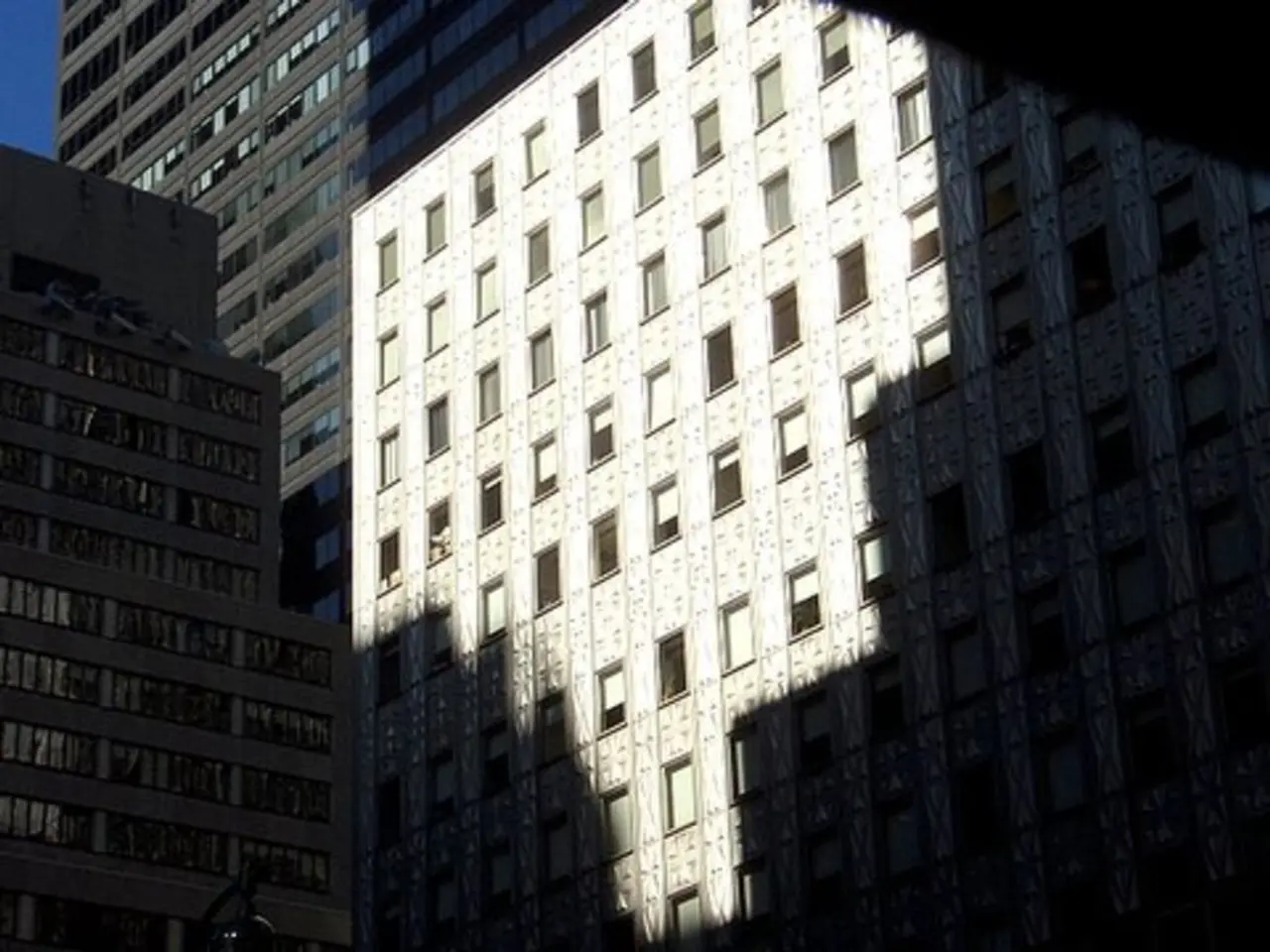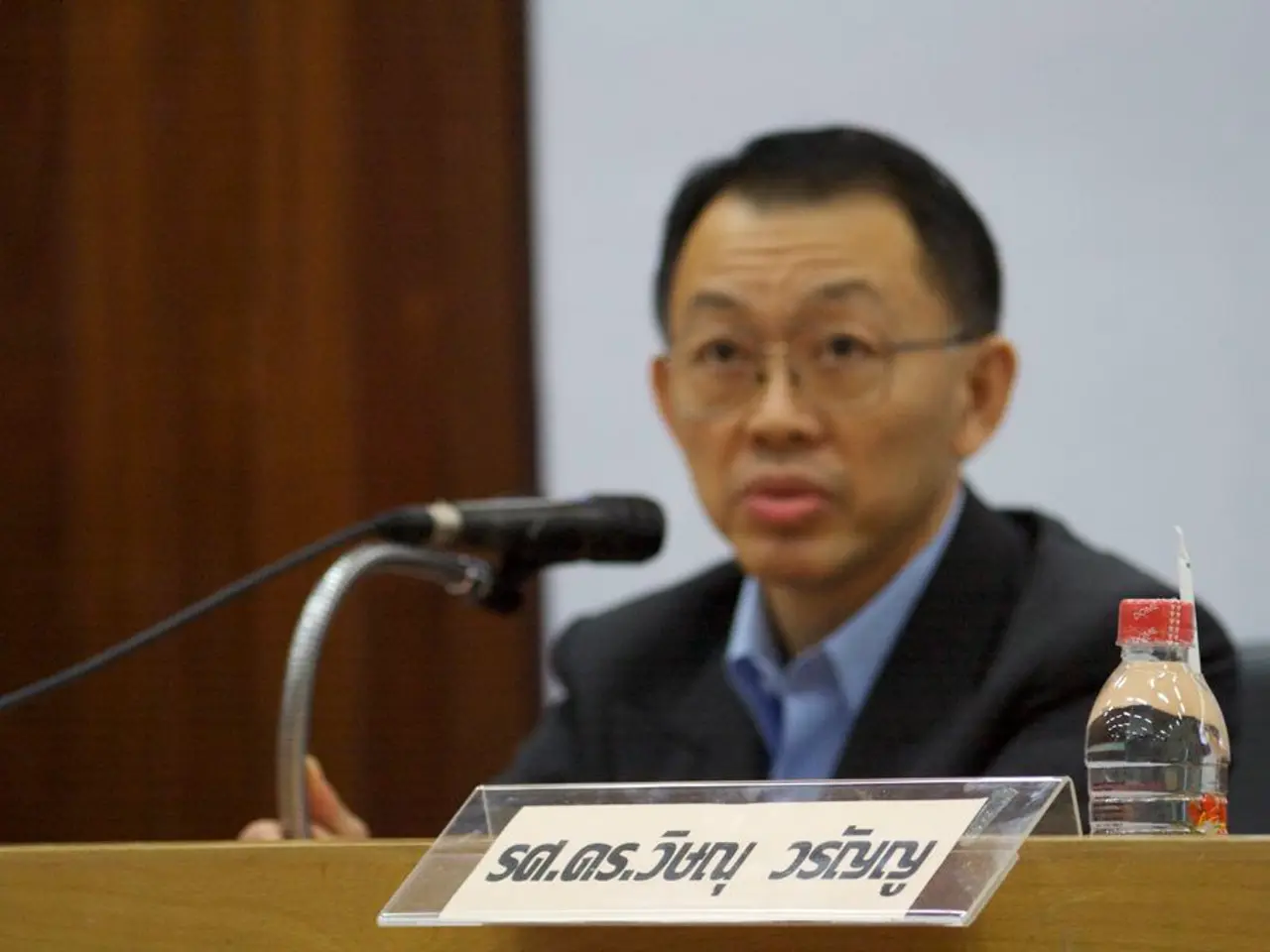University administration in Hong Kong contemplates loosening regulations governing student dormitories at universities.
Rewriting:
Hong Kong authorities are pondering loosening restrictions for university student accommodations in commercial and non-residential areas to alleviate a severe shortage.
This plan has gathered backing from private operators, who believe they face stringent requirements when transforming hotels into student dorms. The Development Bureau, in a conversation with the Post, revealed they are contemplating scrapping or streamlining building regulations necessary for student housing in commercial and non-residential zones.
"We're considering permitting student dorms in commercial and more non-residential areas without the necessity for planning approval, or if planning approval is required, it would only demand a basic planning process," the spokesperson said.
The bureau aims to stimulate the conversion of hotels and other commercial buildings into student facilities funded privately.
John Lee Ka-chiu, the city's Chief Executive, expressed the government's vision to develop Hong Kong into an international hub for post-secondary education in his annual policy address last October.
Recent updates unveil that Hong Kong authorities are actively working towards this goal by making it easier to construct and convert commercial and non-residential buildings into university dorms, particularly hotels[1][2][3]. Under the newest proposal, qualified student dorms can be converted from the majority of hotels or commercial buildings without undergoing traditional planning processes, or with only a simplified process required. This change is predicted to decrease project timelines by roughly six to nine months and lower costs for private operators, making such conversions more alluring. The government also intends to afford greater flexibility on building regulations, for instance, allowing the transformation of parking or laundry areas into common spaces such as gyms or study rooms[3].
A trial scheme is set to launch in mid-July 2025, following approval by the Legislative Council in the coming week. The move is supported by the private sector, which views the current regulatory climate as excessively restrictive[3]. Officials underscore that these changes will foster privately funded projects and independent student housing developments, aligning with broader objectives to bolster Hong Kong’s capacity for hosting international students[1][2].
This policy modification bolsters the government's intention to develop the "Study in Hong Kong" brand. By overcoming housing shortages, Hong Kong endeavors to attract more non-local students, cultivate a diversified campus atmosphere, and strengthen its standing as an international education center[2][3][5]. The government has already raised the enrolment threshold for non-local students at government-funded institutions, from previous percentages to 40% of the student body, increasing the demand for high-quality, accessible student housing[5].
However, lawmakers caution that even with loosened regulations, it will take several years until the city can fully cope with the shortage of student dorms due to the time needed for construction and conversion[1][3].
- "The streamlined building regulations for student housing in commercial and non-residential zones could potentially attract more investments in the real-estate industry, as it reduces project timelines and costs for private operators."
- "With a focus on developing Hong Kong into an international hub for post-secondary education, the government is also encouraging financing and investing in the education industry by making it easier to establish student accommodation facilities in commercial and non-residential areas."








